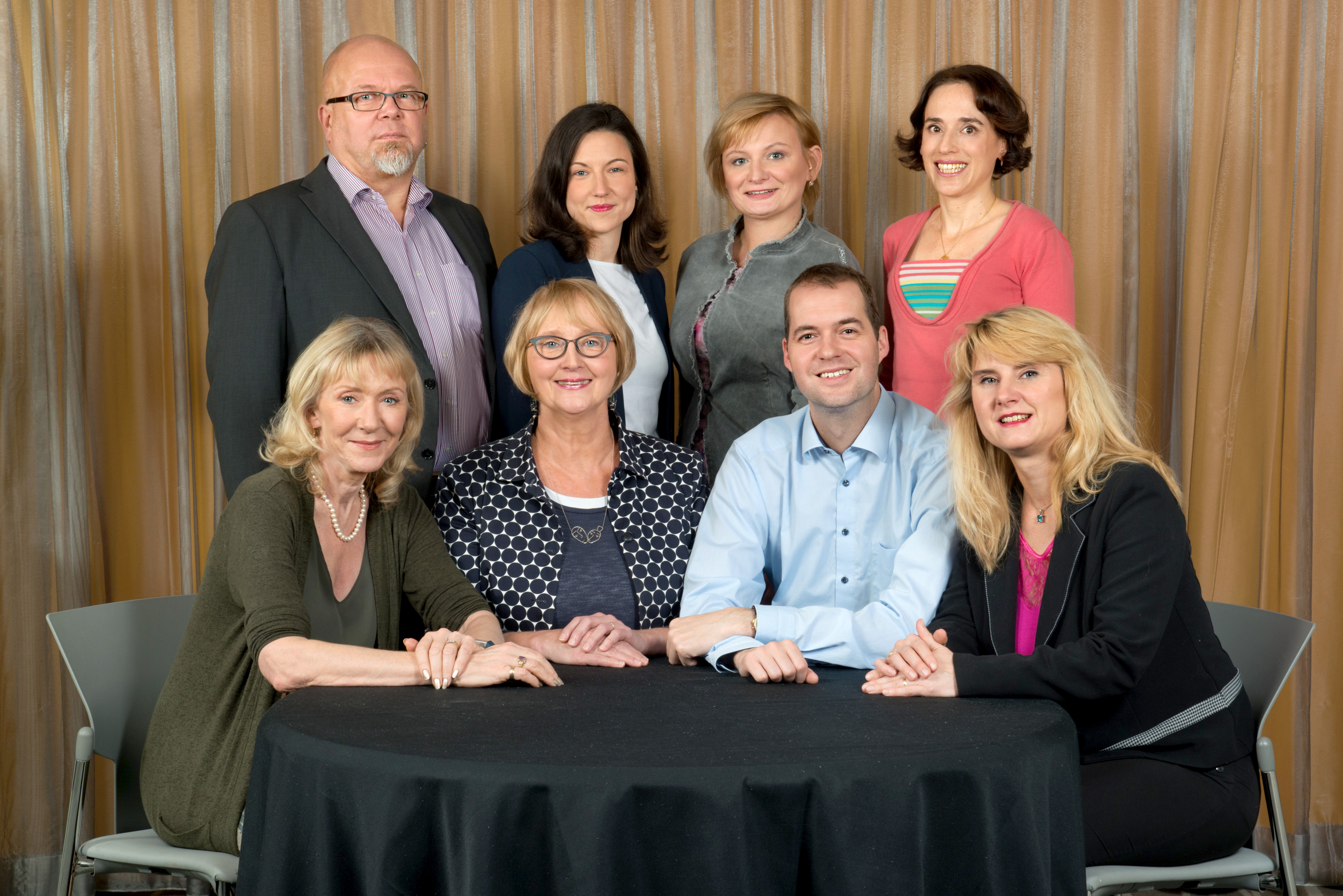Edinburgh Napier University has committed its support to a new European Commission-funded project that aims to address the prevalence of ageism.
Led by Bar-Ilan University’s Louise and Gabi Westfield School of Social Work, the project – known as the Marie Sklodowska-Cure Innovative Training Network on Science-Policy Communication in the Field of Ageism (EuroAgeism) – will bring leading professionals from a wide variety of disciplines together to tackle discrimination against particular age groups through research.
Europe has the largest percentage of older adults throughout the world and is facing increasing levels of ageism.
To date, a majority of research has targeted racism and sexism, but neglected to address age discrimination. Age is also still not an explicit subject of a Human Rights convention.
The EuroAgeism project wants to address this through a commitment to train a new generation of early stage researchers in the field of ageism. It aims to allow graduates of the programme to move on to positions as scientists, educators, science advisors, policy advocates, lobbyists and legislators within the field of age discrimination.
EuroAgeism is an international network of researchers, policy makers, and social and health care professionals, with Dr Angela Kydd of Edinburgh Napier’s School of Health and Social Care leading the University’s involvement.
Dr Kydd has extensive experience of working in the field of gerontology. She will be director of studies to two of the proposed PhD students as part of EuroAgeism project.
Dr Kydd said: “Edinburgh Napier is delighted to be playing a part in helping decrease ageism in everyday life and in clinical and social practice. Through research, we believe that discrimination against certain age groups can be tackled head on.”
The EuroAgeism project is a direct response to the European Commission’s Active and Health Ageing initiative, which aims to improve the quality of life of older people.
By pursuing 15 research projects, the consortium aims to explore ways to improve the active participation of older adults in the work place, address ageism in relation to access to goods and services and promote an age-friendly society. It is committed to the dissemination of these findings to policy stakeholders and the public to help decrease ageism in everyday life and in clinical and social practice.